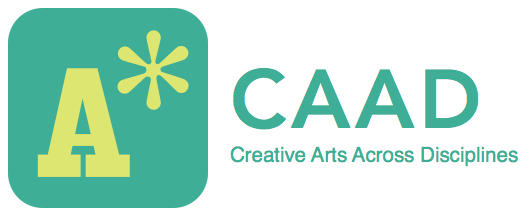‘It’s the best time to be alive. When almost everything you thought you knew is wrong.’ If questioning isn’t scary, then we’re not making the right questions. And it’s not to say any question is fundamentally right or wrong, but some of them will simply lead us to more questions and less answers, and perhaps that’s what we should go for. At least that’s how I felt after watching Arcadia last Thursday.
On December 4-6, Tom Stoppard’s Arcadia was presented at The Martel Theater. The play, directed by Christopher Grabowski, was an incredibly dynamic and thought-provoking blend of realities. The story is set in a country house, in both past and present time. A long table serves as a setting for instruction and leisure, where the audience is able to witness the intellectual progression of Septimus Hodge’s pupil, Thomasina Coverly. She is presented as a witty, curious and insightful individual who battles her mother’s imposed desires of propriety, as well as Hodge’s discouraging response to her diversions.
Thomasina is clear about what she wants. She refuses the subjects that bore her and indulges in those that please her. The idea of being the first person to come up with concepts excites her, and when not being patronising, Hodge genuinely admires Thomasina.
After this introduction of events the audience is brought to the present time, to a house where a writer, Hannah Jarvis, is investigating the life of a hermit that used to live in the same estate as her. However, her efforts are interrupted when a journalist deceitfully infringes the premises of the country house to seek Hannah’s help. He’s engrossed in Byron’s life and mysterious death. After presenting his case to Hannah, they begin to work together towards the discovery of the actual unfolding of events. They base their research on evidence that is simultaneously used whenever the past converges with the present. One moment Hodge receives an accusatory note, and the next, Bernard Nightingale (the journalist) is presenting it to Hannah as part of his findings.
This artful trespassing of time and space is explained in a way by Valentine Coverly, who’s a postgraduate student in mathematical biology. It is his understanding that Thomasina developed an algorithm in which the outcome of a function became the starting value for the next equation; the results infinitely fed into a system. He develops this algorithm virtually, and shows the audience a sequence of patterns with a kaleidoscopic quality. As he explains this, he breaks the fourth wall and addresses the audience to explain his philosophical deliberations. I felt completely engaged at this point–Valentine was able to not only expose a subject that existed in the same time and space as the audience did, but he made of the narrative a discourse that refused to remain in within the confines of the stage.
Ultimately, what really stuck with me was Valentine’s fascination with Thomasina’s insight. He built on her work and explored it further. He took a cup of coffee and observed that time moves forward, always forward. And just as the coffee was gradually losing heat, so was everything else. ‘We’re all ending up at room temperature, it’s a one way street.’

